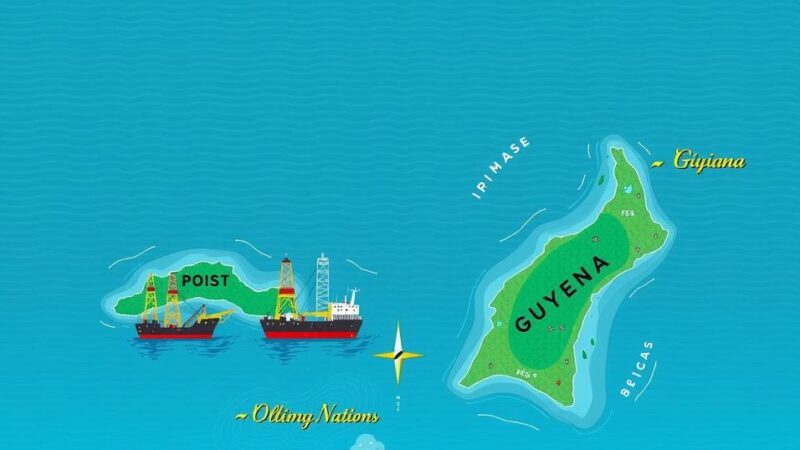The Trump administration has deported hundreds of migrants to El Salvador despite a federal judge’s order halting these actions. The deportations were linked to the use of the Alien Enemies Act, which grants the president removal powers during wartime. The ACLU is investigating potential violations of the court order, while criticisms arise regarding the justification of these deportations and the treatment of migrants.
The Trump administration has proceeded to deport hundreds of migrants to El Salvador, despite a federal court order issued by U.S. District Judge James E. Boasberg that temporarily halted such actions. Notably, this event occurred while two flights containing the migrants were already airborne, one en route to El Salvador while the other was destined for Honduras. The judge verbally instructed that these aircraft be redirected, but this command was not captured in his written ruling, leading to their continued journey.
Salvadoran President Nayib Bukele, an ally of Donald Trump, made light of the situation in a post on social media, suggesting that the deportations were too advanced to be reversed. Bukele had arranged for the accommodation of approximately 300 migrants in Salvadoran facilities at a significant cost to his country. This arrangement was also supported by Secretary of State Marco Rubio, who emphasized the financial benefits tied to the deportations and referred to the migrants as “alien enemy members of Tren de Aragua.”
The deportations stem from Trump’s invocation of the Alien Enemies Act, a wartime declaration invoked historically only during past conflicts, including both World Wars. This statute grants extraordinary removal powers to the president in wartime scenarios, a provision last utilized during World War II to justify the internment of Japanese-American civilians.
The American Civil Liberties Union (ACLU), which prompted Boasberg’s ruling through legal intervention, is investigating whether the administration violated the court’s restrictions on deportations. ACLU’s lead lawyer, Lee Gelernt, stressed the importance of ensuring compliance with the court’s order while conducting their investigations.
In a broader context, Venezuela’s government condemned the application of Trump’s wartime declaration, equating it with historical atrocities. Meanwhile, the deported group is believed to consist of individuals affiliated with Tren de Aragua, a gang linked to widespread violence in Venezuela. Critics argue that the Trump administration has yet to provide substantiated evidence of these individuals’ gang affiliations or any criminal past within the United States.
In conclusion, the Trump administration’s actions contradict a federal judge’s order prohibiting the deportations of migrants to El Salvador. Amidst legal and humanitarian concerns, the situation highlights the complex interplay of U.S. immigration policies and international relations, particularly with Venezuela. The ongoing investigations and legal challenges underscore the potential implications for the affected individuals, raising questions about the lawful application of wartime statutes in contemporary contexts.
Original Source: apnews.com






